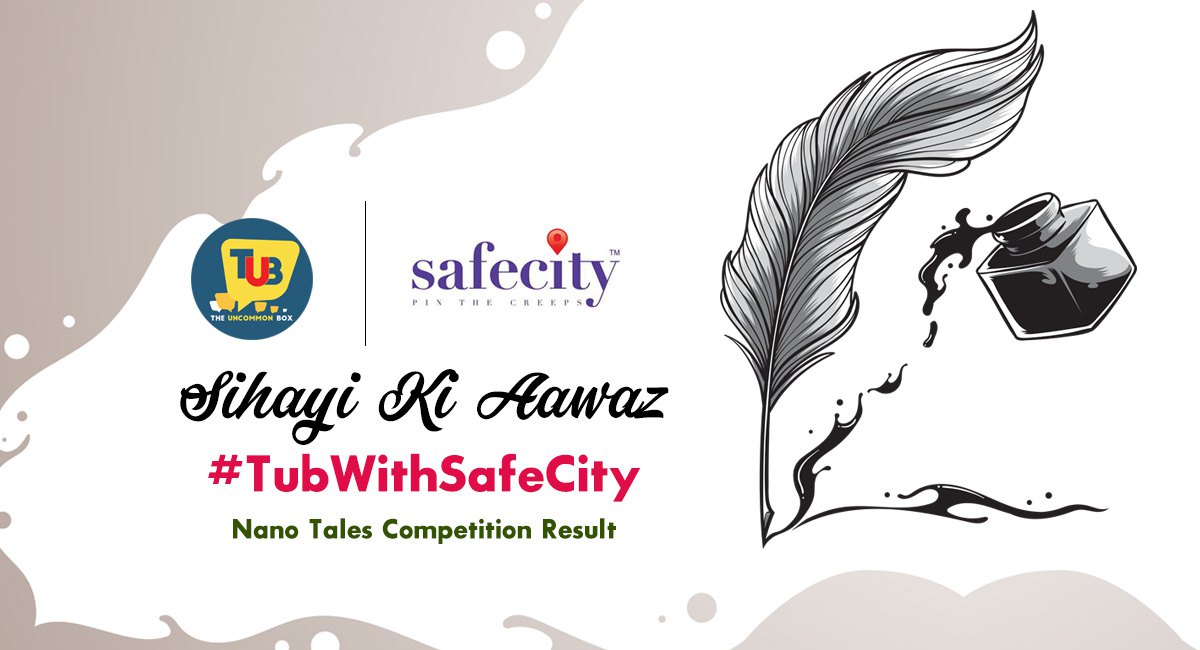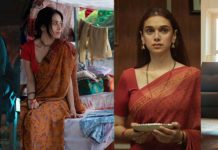In the world of fashion and fashion brands, it is rare to find a brand that lives by what its founding inspiration has been. Manjha, the brand is one such entity. Unique, authentic and Uncommon.
We traced the incredible story of this brand and the soul fuelling this brand- Niki Seth and came away more inspired.
“This is a story worth telling and worth hearing. It is about an individual who has found her passion, dared to realize her dreams and is writing her story her way.”
The Uncommon Box is delighted to present fashion entrepreneur Niki Seth and the story of her brand Manjha.
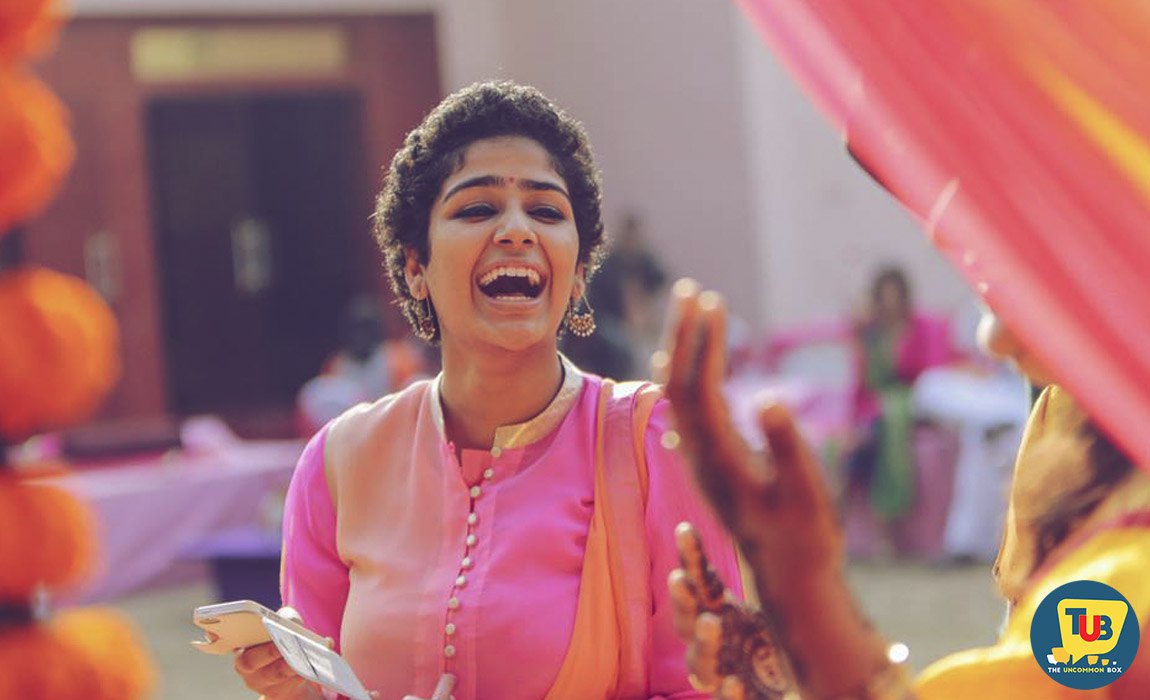
Here is Niki with her story in her words… The voice you will hear is one of clear conviction and filled with dreams of tomorrow.
How it all began- Once upon a time…
We’ve lived in Delhi /Gurgaon all my life – a city as easy to love as it is to hate. In my teens, I had a box full of beads and I wanted to be a jewelry designer. I would make all my friends ugly little bracelets and earrings but that fad passed not long after it started. For as long as I can remember, my maa and I have had bags of fabric carefully stowed away, some of which we haven’t turned into clothes even now!
“Whether it was clothes for my cousin’s wedding or skirts to wear to college, we’ve been going to our darzi for years and making our own clothes.”
Then in college, I interned for a while at the wonderful People Tree, and I loved the feeling of making things with my hands. I suppose it would be safe to say I’ve always had a creative bent of mind and all of that culminated in Manjha.
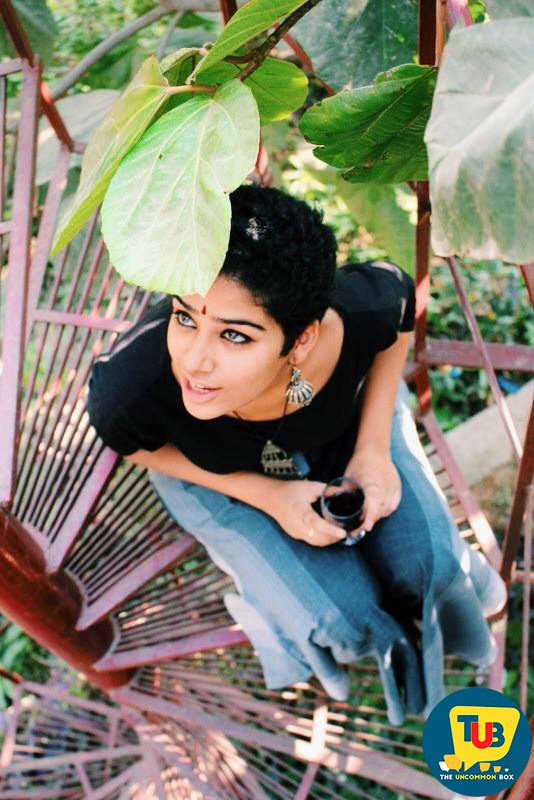
I had an online shop on Facebook when I was in college, which stood for everything I disapprove of now – imported viscose dresses in unrealistic sizes and fast fashion at its worst. Having that store allowed me to save enough money to take a year off to travel once I graduated, which was truly unforgettable. I navigated that year living simply, carrying my world on my shoulders I returned home with a backpack full of stories (and dirty laundry) and that’s when Manjha was born.
The Birth of Manjha
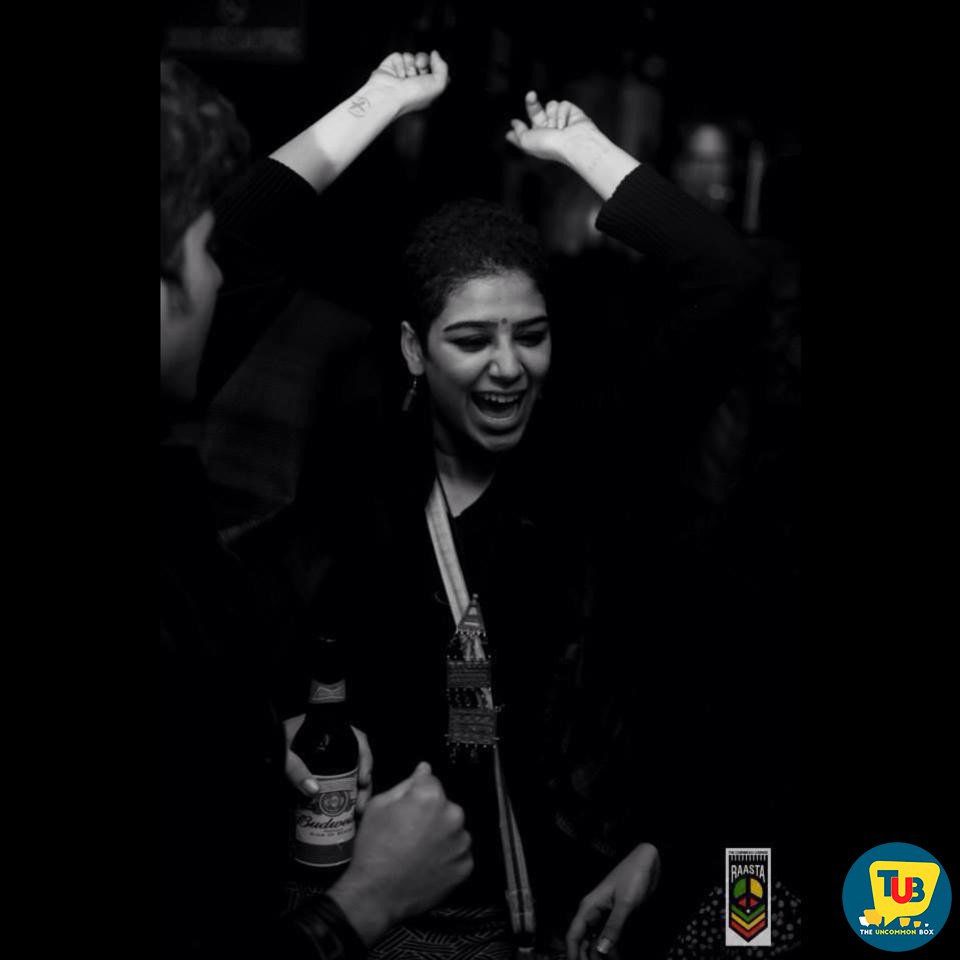
After I graduated from college I took a year off to travel. I spent 9 months traveling to different parts of our country and the richness of it astounded me despite knowing what an oasis of culture, colour and diversity we live in. Then I spent the next few months in the West – and three things stuck out to me.
- One was the fact that everywhere from Portobello Road Sunday Market – which was full of ‘chaloo’ knock-offs from Paharganj to the gift shop at the V&A museum in London – where a poorly finished 1 meter of kalamkari fabric was being sold as an ‘exotic Indian stole’ our textiles and handicrafts are being totally overshadowed by the mass-produced soulless things we feed to our tourists.
- The other thing which stuck out for me was how people reacted to the ‘desi’ pieces in my wardrobe – whether it was my jewelry or mumma’s embroidered shawl which kept me warm – they loved it all and more importantly, they wanted to know more. They wanted to know where it was made and how and its history and I told so many stories through my clothes in those months.
- The third thing was how much handmade was valued. I think growing up in India, where a majority of things around us are handmade; we forget to appreciate the beauty of creating something with one’s hands. In the West where labour is so expensive, handmade is seen as the fine luxury it is. When I returned home and my year ended, it was time to start working.
I came back from my gap year broke. I didn’t want to study further because I lacked clarity on what to study and didn’t want to collect degrees just because it looks good on paper. I started looking for jobs but nothing really excited me, so I decided to create a job for myself.
Manjha literally began from a ‘post-it’ note on which I had penned down the things I would like to do in life.

The Story behind the name of the Manjha
“The traveling thread” was stuck in my head as the essence before Manjha was. I was spending the night at my best friend’s house and we were throwing names around. Nothing seemed to stick – none of it made me think YES – that’s it – until she said Manjha. I knew I wanted it to be a word from an Indian language and we were playing on the word ‘dhaaga’. We’re both from Punjab where people love kite flying, so the word ‘MANJHA’ also induced a lot of nostalgia and warm fuzzy feelings. It just resonated, and that was it.
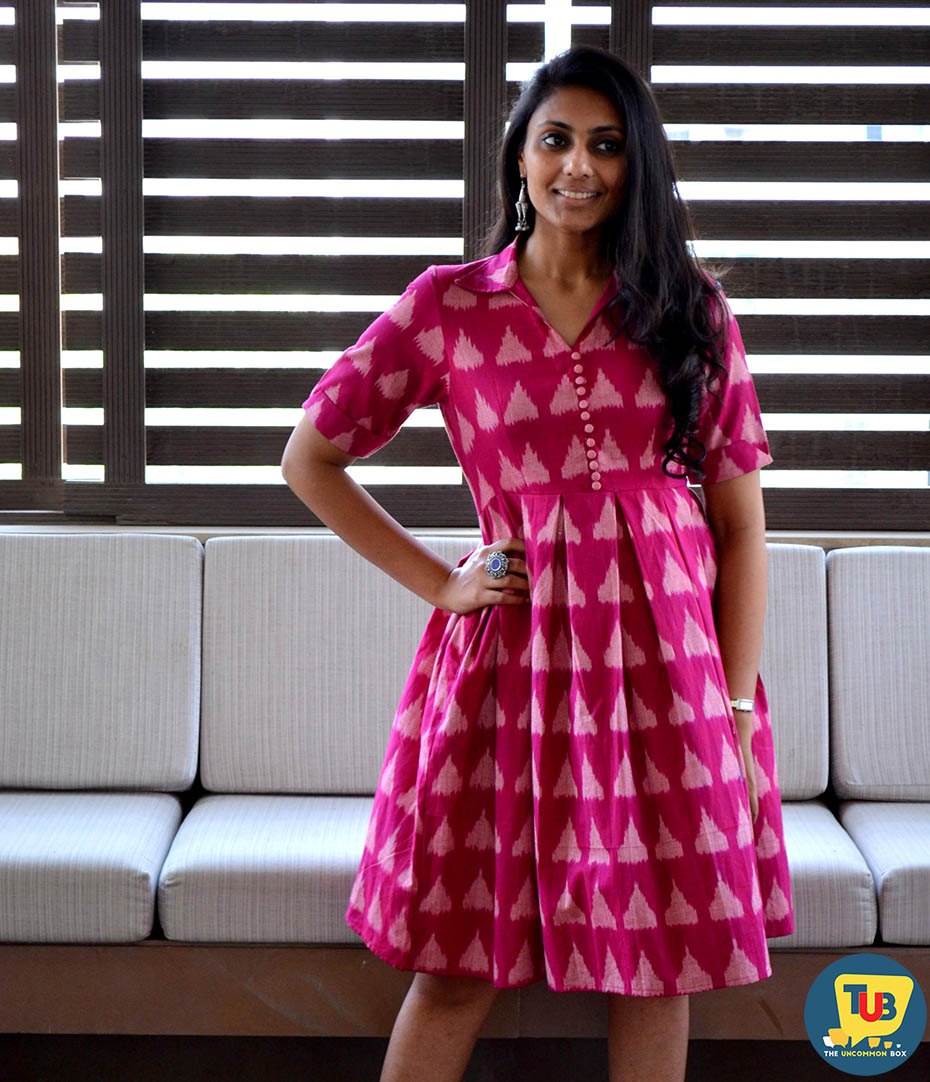
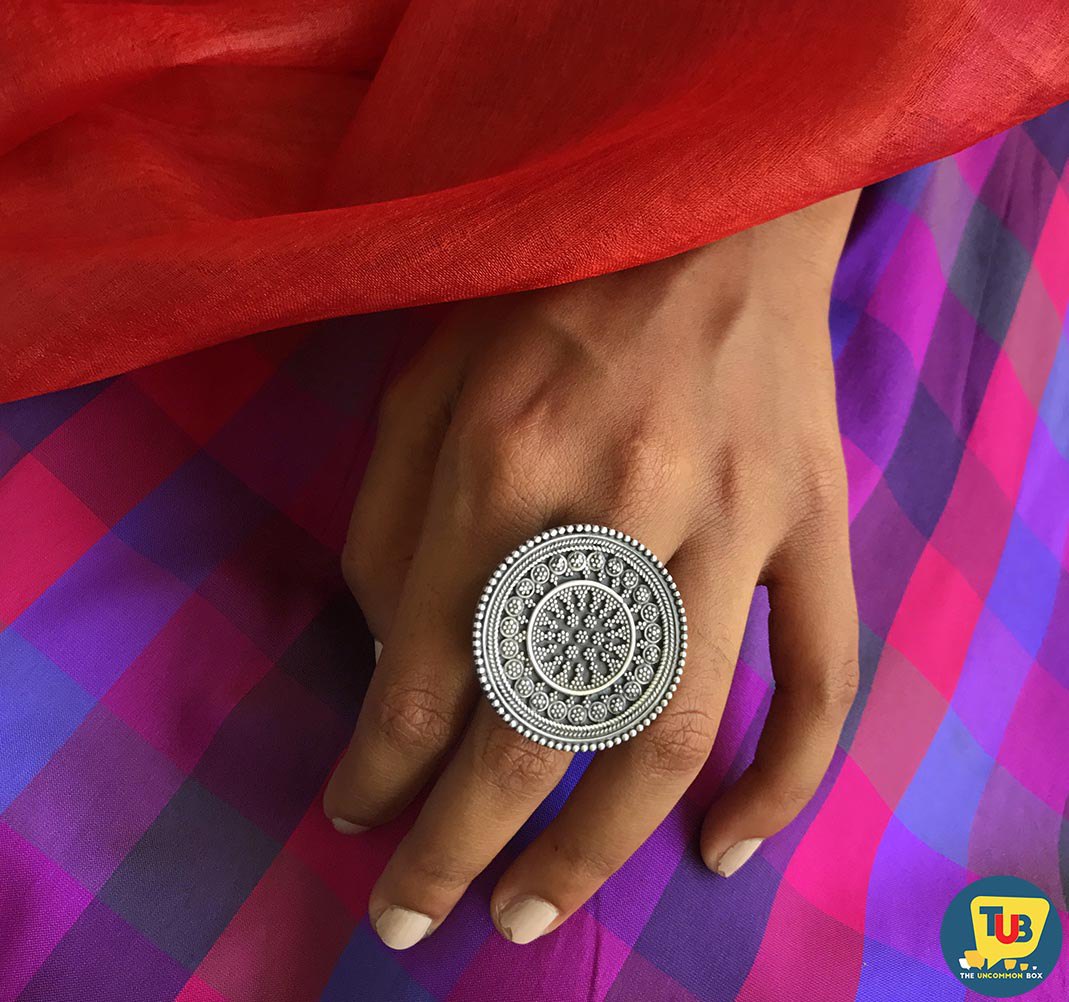
Building the Brand
The path has been pretty straightforward. From the beginning, it’s been about sticking to the ideals on which Manjha is based –
“Sustainability, slow fashion, handcrafted and loaded with love.”
There’s attention to detail and a direct interaction with our consumers which allows us to tweak what we’re doing as we’re doing it.
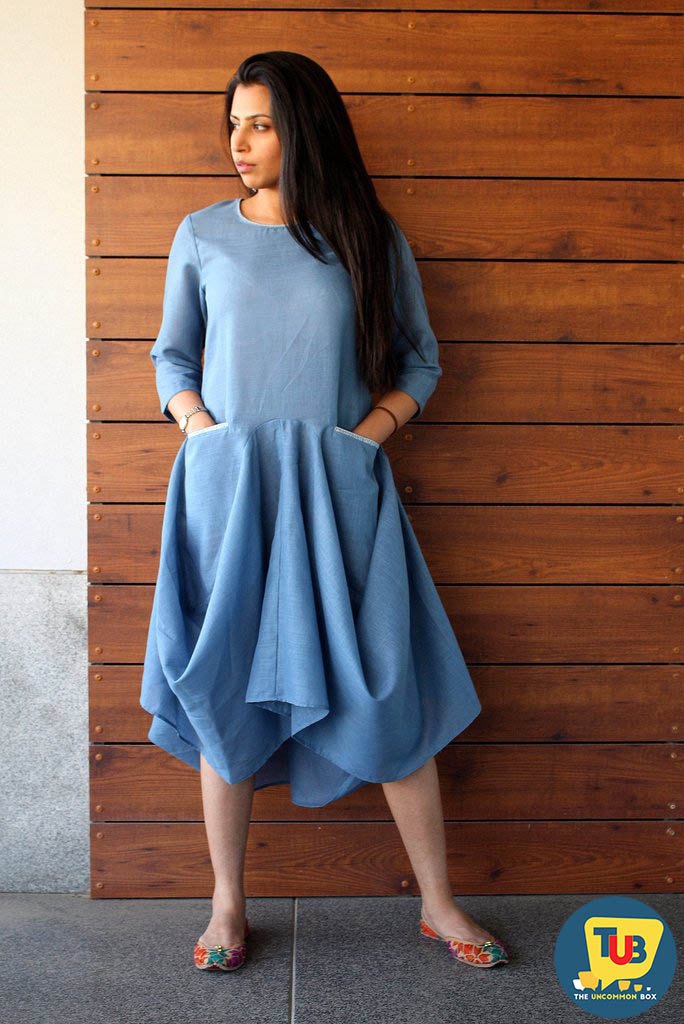
A multitude of things keeps me motivated – the first being my workers. If I fail, I can no longer employ them and that isn’t an option. I love coming to work every day and being able to make whatever I want. If things start to get boring or repetitive, we stop what we’re doing and design something new. I love the fact that there are no rules – Manjha is free to soar in any direction that it wishes!
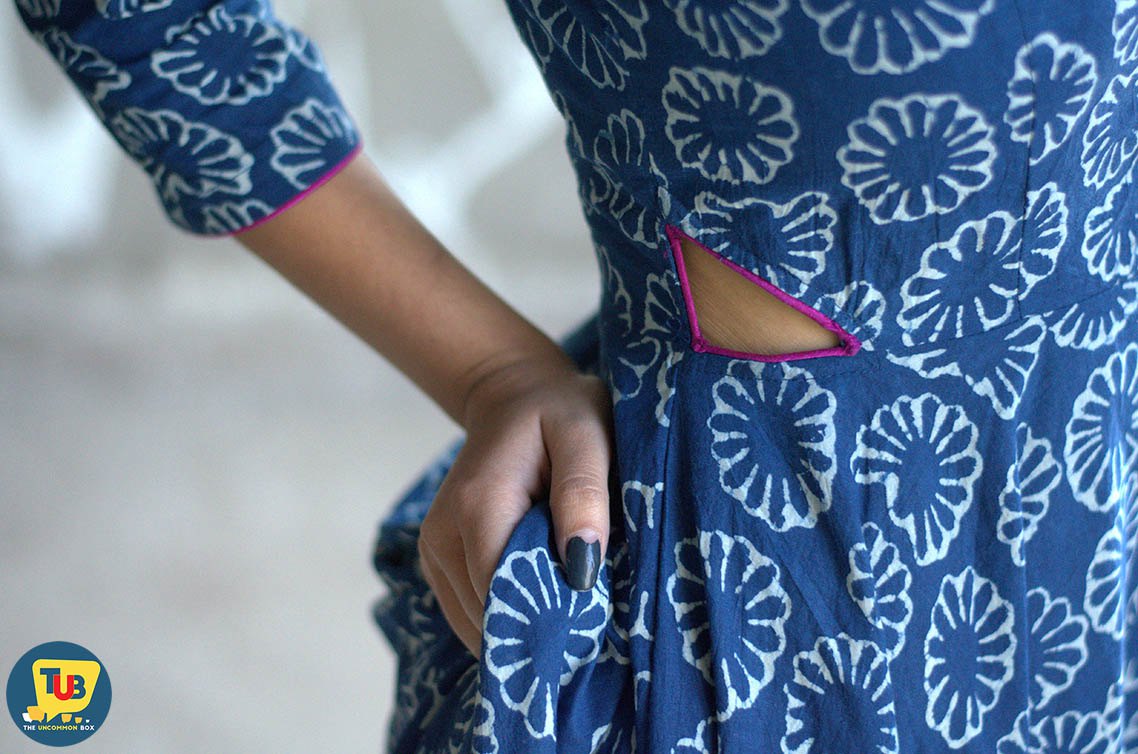
The qualities associated with Manjha
I think at Manjha we keep it real. In our photoshoots, I like to click women of all shapes, sizes, colours and complexions in the hope that when you as a consumer look at what Manjha has to offer, you can find someone to relate it. With the unrealistic standards of beauty that the fashion industry often perpetrates, the question on one’s mind is often “yes but would that look good on me?”
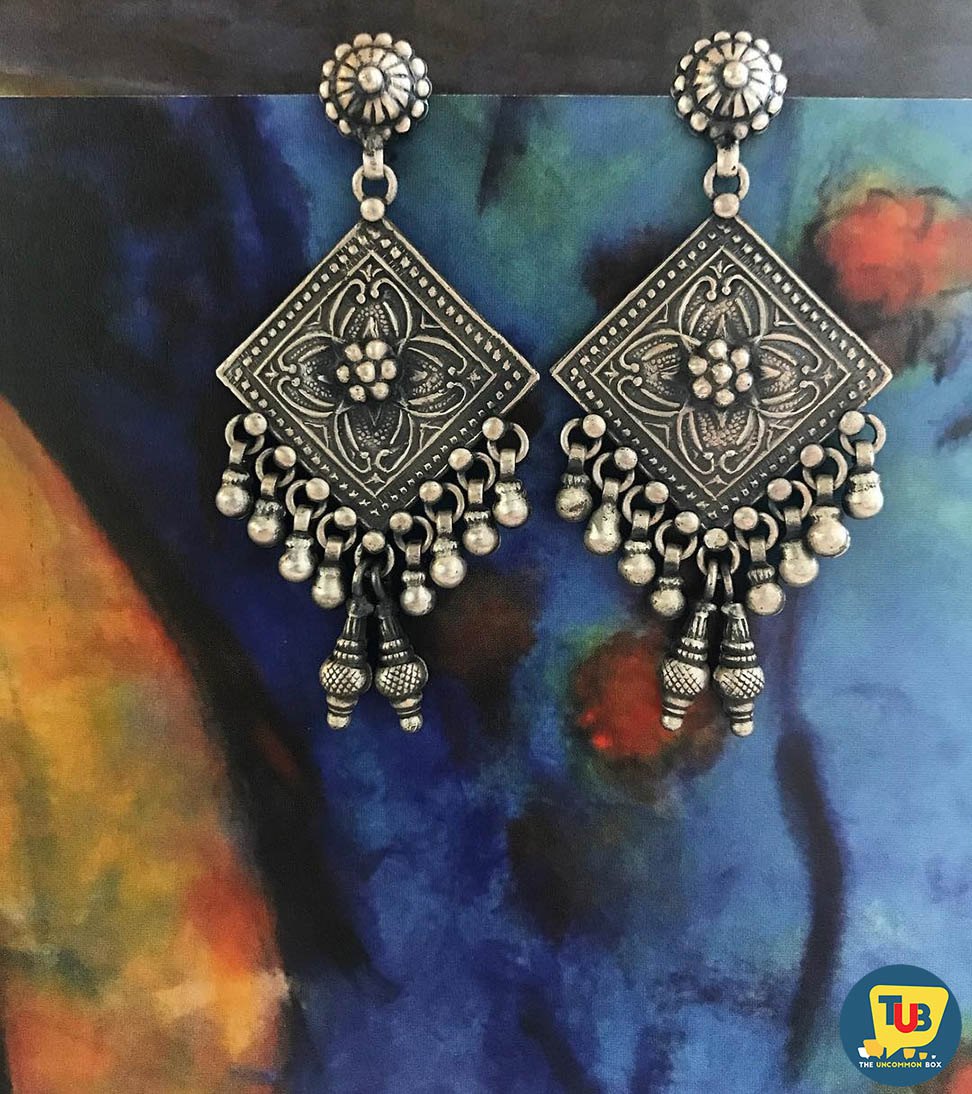
We like variety more than quantity. We pick up fabrics we like, once they get over, we pick up something else. It’s really as simple as that. In some dresses, we have enough fabric for 30 pieces, in some its just 5. This way we also don’t have hundreds of people in the same city walking around in the same dress – it allows us to create new clothes every week instead of every season – and allows our customers to constantly see something new when they come back to us.
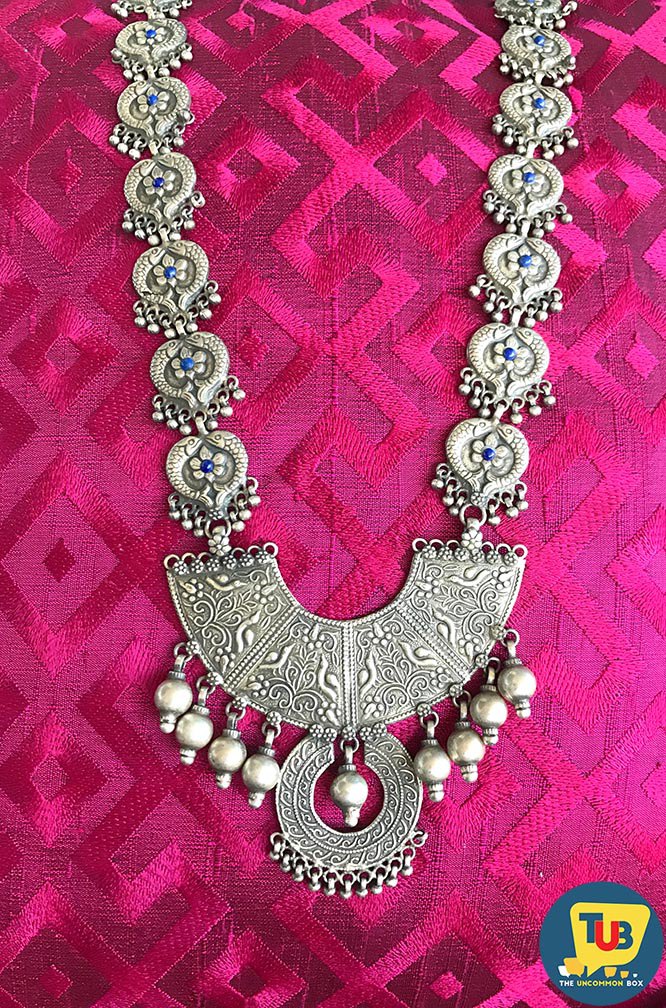
Our sourcing happens from the grassroots level – we like to work with small printers and weavers instead of turning to craft clusters.
When it comes to our brand’s ethos and principles – sustainability is one. We are much too wasteful and we need to become more conscious consumers – whether it’s about clothing or journalism or food – we need to make an effort to where it comes from and how it got here, and the impact our consumerism has on our surroundings.
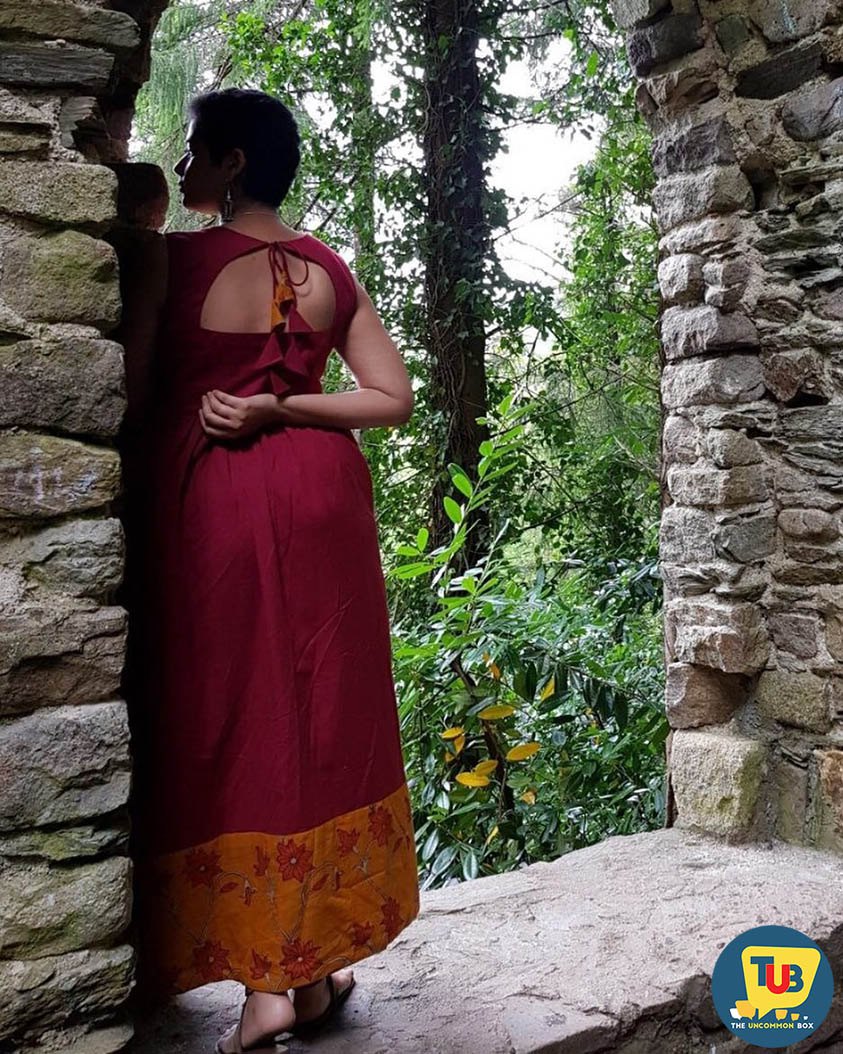
Ethical business is another. Despite my father having been an honest to God businessmen for over 2 decades, to me business used to sound like a dirty word. There is so much bureaucracy and workforce exploitation around us – I really used to struggle with telling people I started a business initially. I want to build a community of people who take pride in their work, who are fairly compensated for their time and work and where the credit goes to the artisans whose incredible talent makes the basis for Manjha.
“I want us to put beautiful things out into the world which spread some colour and happiness and make everyone attached to these things feel good about themselves.”
I want to spread awareness among our consumers on the richness of our textiles – on the differences between a Rajasthani Bagru block print and a Madhya Pradeshi Bagh block print.
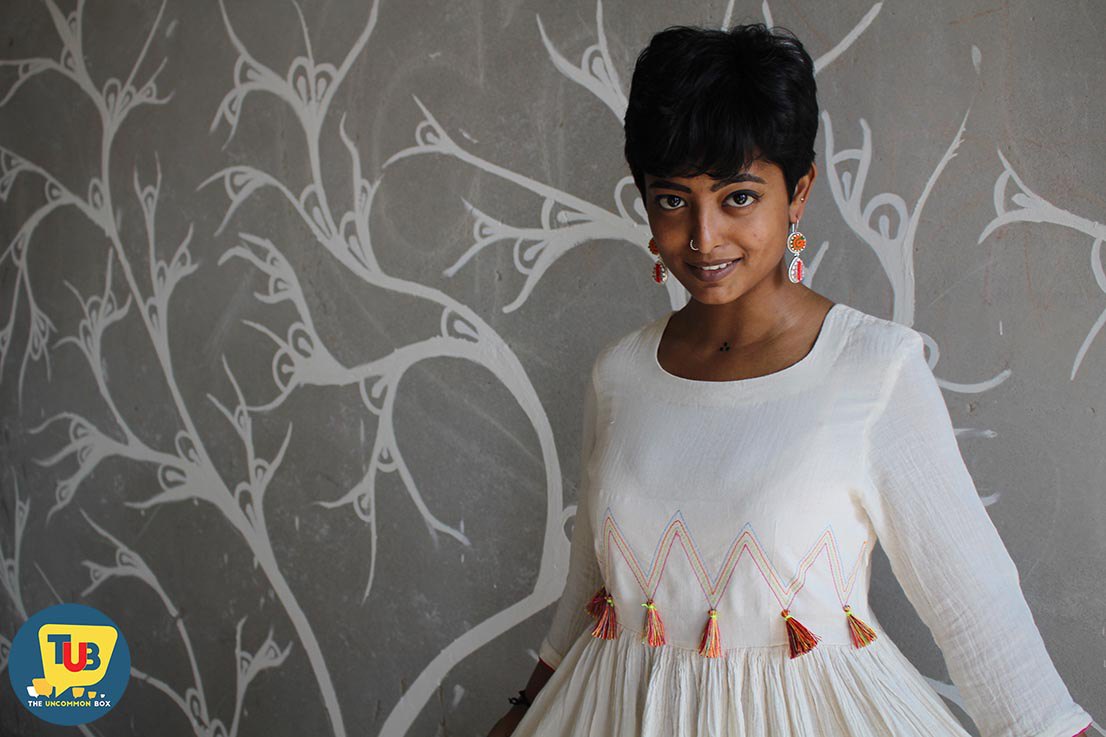
Milestones to cherish
In under a year, we grew to be a family of over 20,000. For me, each time our pieces travel to new places is a new milestone. Manjha’s clothes and jewelry have reached Ladakh and Ranchi, Tripura and Australia, Sweden and Spain. I’m launching a studio soon which is really exciting It’s going to be a physical space where our clients can come see the collection, customize their own as well as a workshop space for our workers.
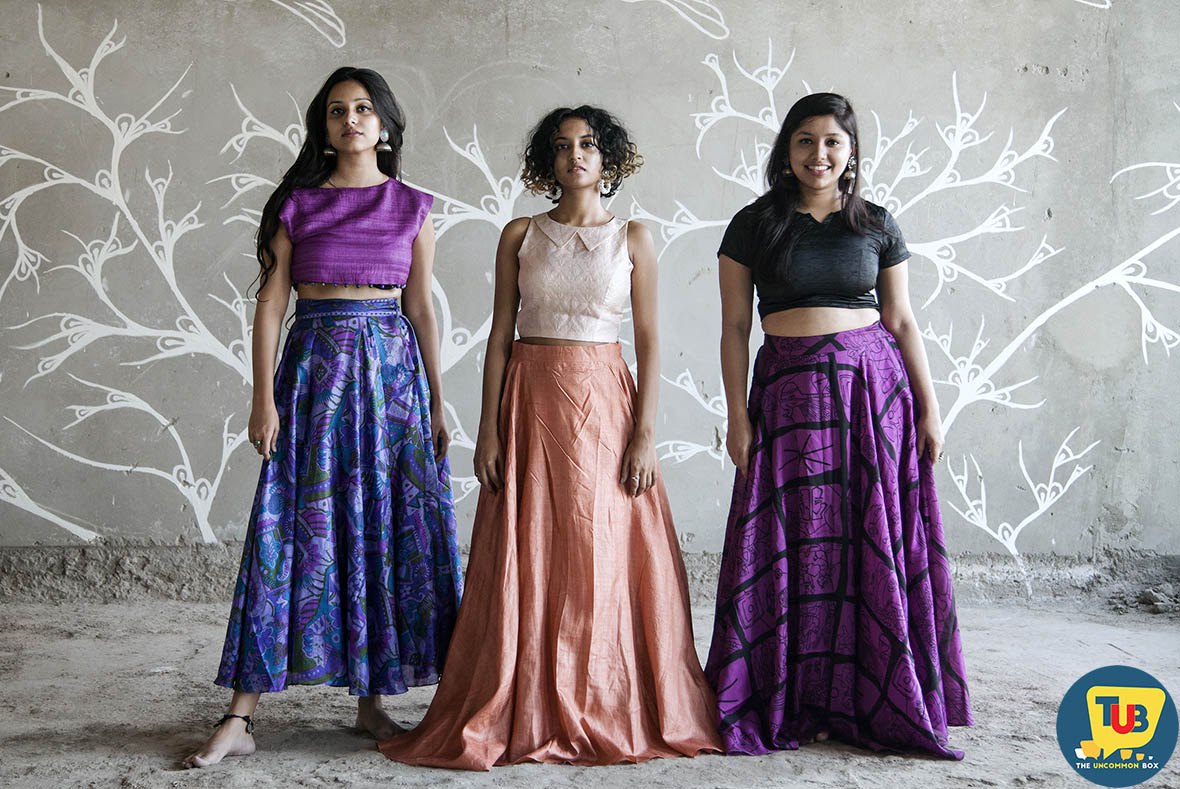
The key traits required for fashion entrepreneurship
Drive, passion, ambition, focus – I think the key traits remain pretty much the same no matter what career you want to pursue.
But to everyone out there who wants to start something of their own – be ready to own it. When you’re trying to grow something like this the work never ends, there’s always more you can do and there’s always better you can do.
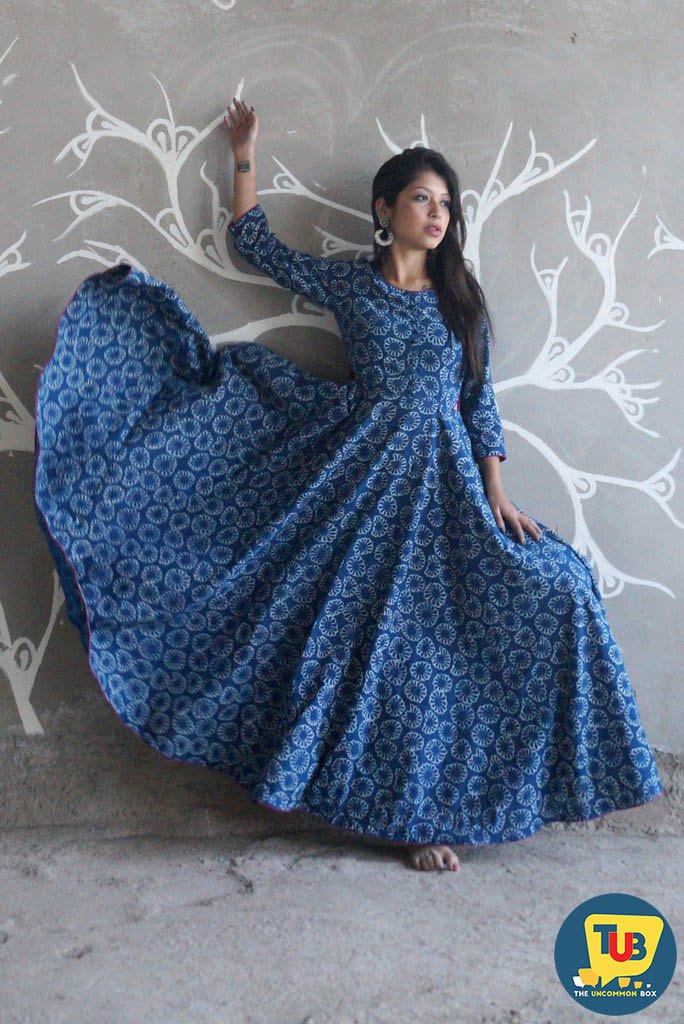
Know what you stand for because you’re entering a very crowded space and you need to find a way to make yourself stand out.
Keep at it – it takes a lot longer to build something than movies or social media would have us believe.
Being an entrepreneur is very different from being a designer, there’s a lot more to do than designing clothes and you probably won’t enjoy a lot of it – but you need to be clued in about all aspects of it at all times.
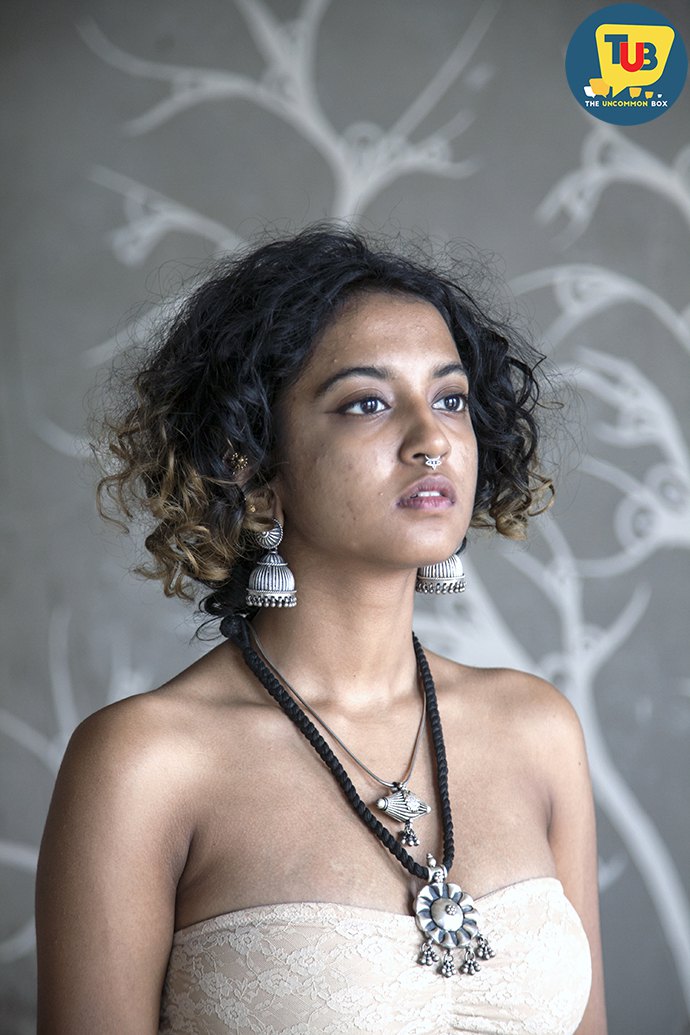
Niki Seth is well on her way to reaching more interesting and amazing milestones with Manjha. One conversation with her and you would know that she is rare and her zeal is inspiring to say the least.
Here’s wishing Niki all the very best for Manjha and may the thread travel far and wide!
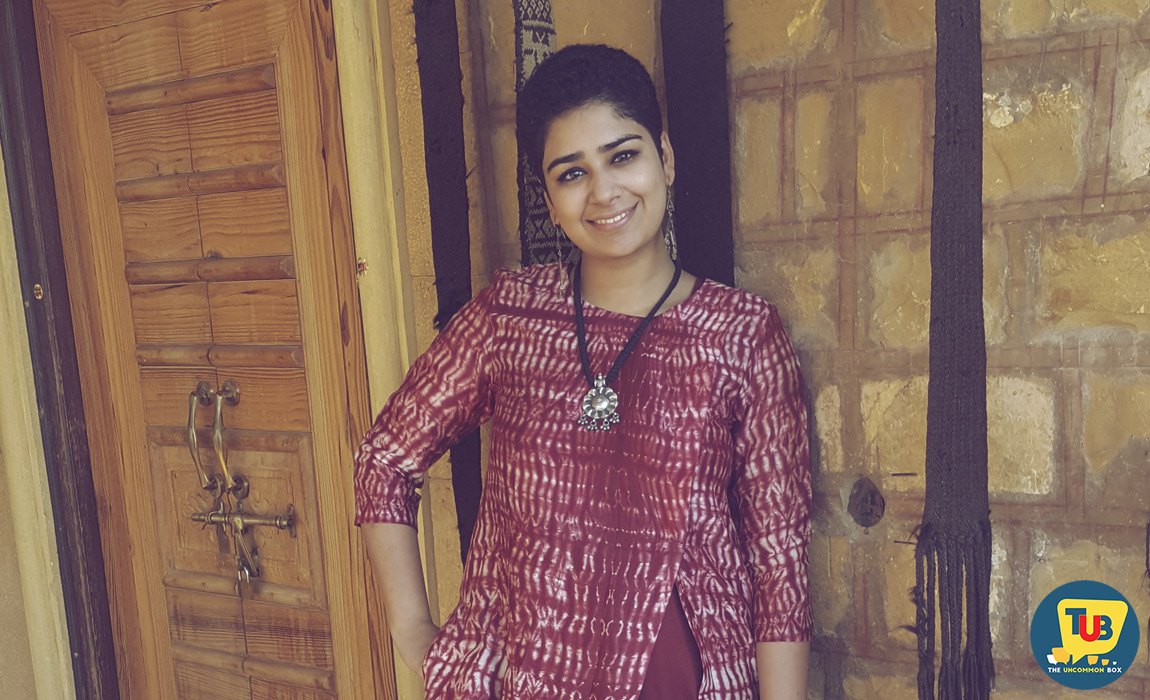
You can follow her on:
Do you know someone who love fashion and styling and deserving a feature on this forum? Mail us at theuncommonbox@gmail.com mentioning Fashion Guru in the subject line or use the Submit Your Story option on the website.
? Follow us @theuncommonbox and hashtag us #theuncommonbox on your uploads to be specially featured on our community on Instagram and on Facebook Group and Facebook Page.
? Our platform curates quality content from all genres of creativity – we invite writers, artists, fashion followers, stylists, photographers, performance artists, bloggers, lifestylists, Food Lovers – anyone with a passion for making their dreams come true. We are a forum sincerely dedicated to the promotion of all spheres of creativity. You can be a professional or an amateur – you can be anyone starting your hobby a fresh! All that matters is your creative spark! So join us today and live the Uncommon life!







